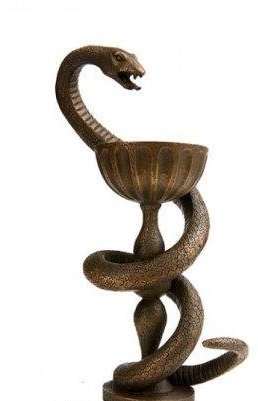It is a known fact that more bone is laid down more than it is removed in the early life of a person. An individual’s peak bone mass is reached at the age of thirty, wherein the remodeling process starts, that takes away more bone than is replaced. Remodeling is the process involving the laying down of new bone and the removing of old bone. So it can be said that the process of bone loss begins in the early to late thirties. It is from this age to the onset of menopause that women lose a certain amount of bone every year.
The average rate of bone loss in men, and in women who have not reached menopause, is actually quite small. However, after menopause, the bone loss in women accelerates to an average of one to two percent a year. It is after menopause that the level of the female hormone estrogen in a woman’s body decreases sharply. Estrogen is a hormone that is important in protecting the skeleton by helping the body’s bone forming cells to keep working. So after menopause, this protection can be considered lost as the level of estrogen decreases.
Other causes of osteoporosis are heredity and lifestyle. Whites and Asians, tall and thin women and those with a history of osteoporosis are those at the highest risk of getting osteoporosis. The behavioral causes of increasing the risk of osteoporosis are smoking, alcohol abuse, prolonged inactivity and a diet low in calcium. There are also some diseases that are associated with aging that cause osteoporosis, which include kidney failure, liver disease, cancers, Paget’s disease, endocrine or glandular diseases, gonadal failure and rheumatoid arthritis. There are some medications like steroids, seizure drugs, thyroid hormone and blood thinners that are also found to cause osteoporosis.

